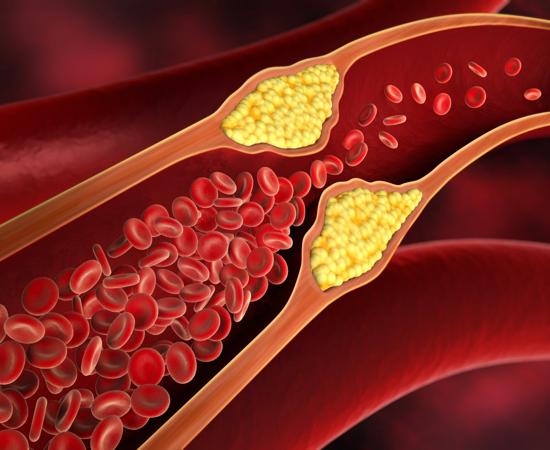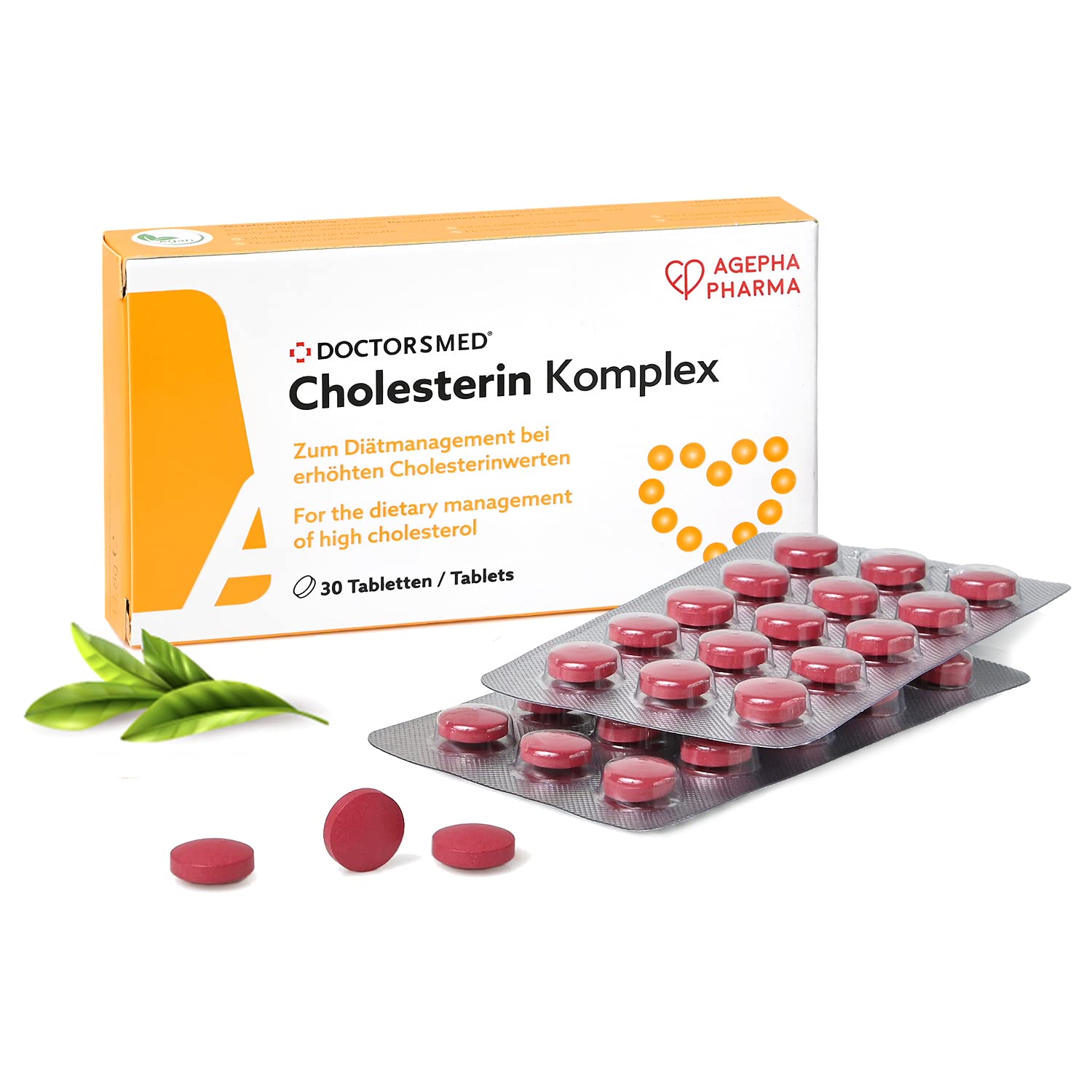High Cholesterol: Everything You Need to Know
High cholesterol is a common health condition that affects millions of people worldwide. It refers to the presence of elevated levels of cholesterol in the blood, which can increase the risk of various health issues. In this blog post, we will discuss the benefits of managing high cholesterol, its symptoms, causes, treatment options, and more.
Benefits of Managing High Cholesterol
Managing high cholesterol levels is crucial for maintaining good overall health. By keeping cholesterol levels within a healthy range, you can reduce your risk of heart disease, stroke, and other cardiovascular issues. Additionally, managing high cholesterol can lead to improved energy levels, better cognitive function, and overall well-being.
High Cholesterol Symptoms
High cholesterol does not typically present any symptoms, which is why it is often referred to as a “silent killer.” However, in some cases, individuals may experience symptoms such as chest pain, heart palpitations, shortness of breath, and fatigue. It is important to get regular cholesterol screenings to monitor your levels and catch any potential issues early.
Frequently Asked Questions
What are the causes of high cholesterol?
There are various factors that can contribute to high cholesterol, including genetics, poor diet, lack of physical activity, smoking, obesity, and certain medical conditions. It is essential to address these contributing factors to manage cholesterol levels effectively.
What are some high cholesterol foods to avoid?
Foods high in saturated fats, trans fats, and cholesterol can contribute to elevated cholesterol levels. Some examples of foods to avoid include fried foods, processed meats, full-fat dairy products, and baked goods. Opt for a diet rich in fruits, vegetables, whole grains, and lean proteins to help lower cholesterol levels.
What are the treatment options for high cholesterol?
Treatment options for high cholesterol may include lifestyle changes such as adopting a healthy diet, increasing physical activity, quitting smoking, and maintaining a healthy weight. In some cases, medication may be prescribed to help lower cholesterol levels.
What is the link between high cholesterol and heart disease?
high cholesterol is a significant risk factor for heart disease. When cholesterol levels are elevated, it can lead to the buildup of plaque in the arteries, increasing the risk of heart attacks, strokes, and other cardiovascular issues. Managing cholesterol levels is essential for reducing the risk of heart disease.
Can high cholesterol be linked to other health conditions?
high cholesterol can be linked to various other health conditions, including diabetes, high blood pressure, erectile dysfunction, and Alzheimer’s disease. Maintaining optimal cholesterol levels is crucial for overall health and well-being.
Conclusion
In conclusion, high cholesterol is a common health issue that can have serious implications if left untreated. By understanding the symptoms, causes, and treatment options for high cholesterol, you can take proactive steps to manage your cholesterol levels effectively and reduce your risk of cardiovascular issues. Remember to prioritize a healthy lifestyle, including a balanced diet, regular exercise, and routine cholesterol screenings to maintain optimal health.


